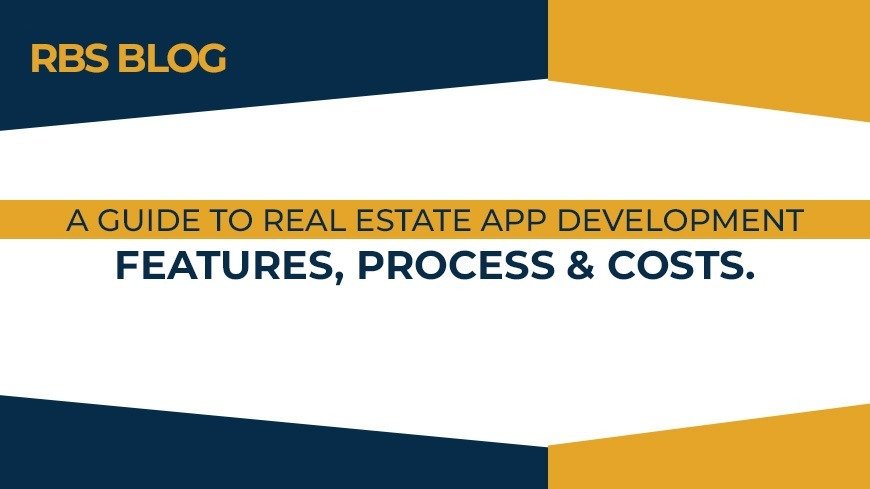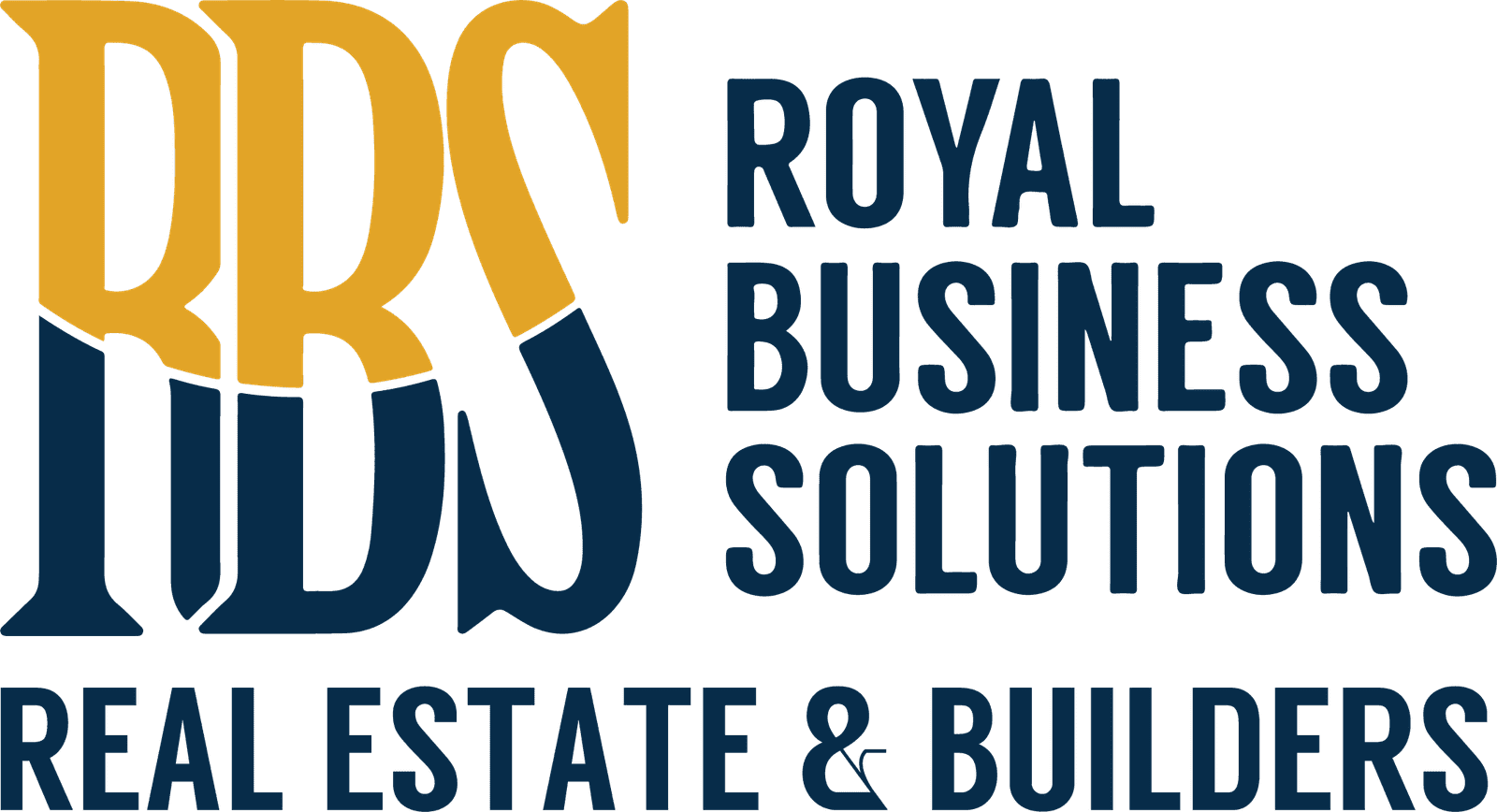- July 19, 2024
- Posted by: Muhammad Shehzad
- Category: Blogs

Technological advancement in the past era has dramatically transformed every sector around the globe. The development of real estate apps is among the most impactful innovations. Besides enhancing connectivity, technological advancement has reduced fatigue and made the physical presence of the individual significant.
Let’s talk about the real estate sector; you can now get virtual tours of properties, explore online listings, and interact with local agents to get essential insights. No need to go agent-to-agent to get your desired property or to list your property for sale. Thanks to technological advancement, you can do it all while sitting on your couch.
Here, we will guide you about the features, processes, and costs of real estate app development. Stay connected with us by the end to get the valuable insights:
Key Features of a Real Estate App
Let’s begin with the key features a real estate app should have to improve its efficiency and usability:
User Registration & Profiles
Just like any other service-providing app, users should be able to register and make a profile on the real estate app within seconds. You can add a social media login for additional user-feasibility. Adding this feature will help you track user activity and provide a personalized experience.
Advanced Search and Filters
Featuring an advanced search option will let the user search properties on the basis of location, price, and property type. Filters will further enhance their experience by inquiring about their specific requirements, i.e., number of bedrooms, etc.
The user will not get exhausted scrolling the whole listing and will only explore the prompt-driven results.
Property Listing
Further, a real estate app should include a detailed listing with all relevant, high-quality images, the price of the property, and contact information. Adding interactive maps will further enhance the user experience as they can explore the localities and exact locations.
The buyer will get comprehensive details of the property and will end up making an informed decision.
Virtual Tours and Augmented Reality (AR)
What else would be more impressive than providing a 360-degree virtual tour of the property to potential buyers? AR will further enhance the visuals of the listed property, attracting more clients.
The user will be able to get virtual tours and make up their minds while exploring the property remotely.
Wishlist and Favourite
This bucket will help users save their favorite properties for future reference. Also, it will make it easier for users to track and compare similar properties.
In-App Messages and Notifications
This feature will provide a secure messaging system for buyers, sellers, and agents to communicate. Also, push notifications in case of price changes, new listings, or the latest updates.
Booking and Scheduling
This feature will help users book property viewing or schedule meetings with the agents. It will further streamline the organic process of arranging property consultations and visits.
Analytics and Reports
A dashboard to analyze the performance of leads, agents, and agencies’ sales. The broader perspective would be to provide valuable insights to improve business strategy and operations.
The Real Estate App Development Process
These seven steps will help you understand the development process:
Step 1: Market Research and Planning
Begin by doing thorough research about what your competitors lack, what their market needs are, and what current market trends are. Define your app goals, unique selling propositions, and target audience. You will end up getting a clear roadmap for app development that will comply with market demands and trends.
Step 2: Define Features and Functionalities
Step 2 is creating a detailed list of features you want to include in your app and their functionalities. This will help the developer understand your priority, leading to a well-defined feature set.
Step 3: Designing the UI and UX
The third and most important step is to develop the User Interface (UI) and User Experience (UX). This step includes developing the prototypes and wireframes to visualize the app flow and layout. Priority should be given to developing an intuitive and user-friendly interface.
Step 4: App development
This step requires choosing the right technology stack (i.e., Flutter, React Native, etc) for app development. Develop the front end and back end of the app. Ensure the smooth integration between all components.
Step 5: Testing and Quality Assurance
Testing is an important and unskippable step to identify and fix bugs, performance issues, and other glitches. Test the usability to ensure your app meets user expectations. This step will give you a green signal for launching the app.
Step 6: Launch and Deployment
Deploy your app on relevant platforms and app stores. Implement a marketing strategy to promote your app.
Step 7: Maintenance and Updates
Provide ongoing maintenance to address unexpected issues and ensure optimal performance. Send regular updates to improve user experience and add the latest features.
Cost of Developing a Real Estate App
Several factors are involved in determining the cost of developing a real estate app. Depending on the complexity of the design, features, and development team you choose, the cost can vary from $10,000-$30,000. However, if you are opting for a much-advanced app that includes advanced features like virtual property tours, integration with third parties, and detailed analytics, the cost could go above $30,000-$50,000.
These costs include the start-to-end process of app development. You can check the local listing of app developers to know about the price range within your region.
Wrap Up
Real estate app development could be an additional expense but give substantial returns if you have prioritized the user experience. They are intact for streamlining property transactions. By doing thorough research and market analysis, you can develop a successful real estate app that will drive your business growth.
Ensure partnering with experienced developers and stay updated regarding the latest market trends to keep updating your app and stay ahead of the competition. Whether you are an entrepreneur or a flourished real estate agency, developing a real estate app will definitely change and up level your game.
